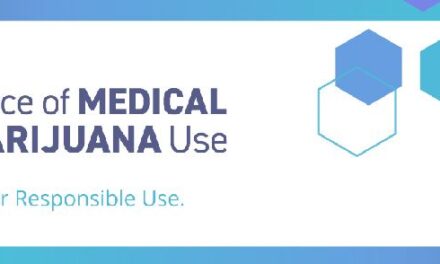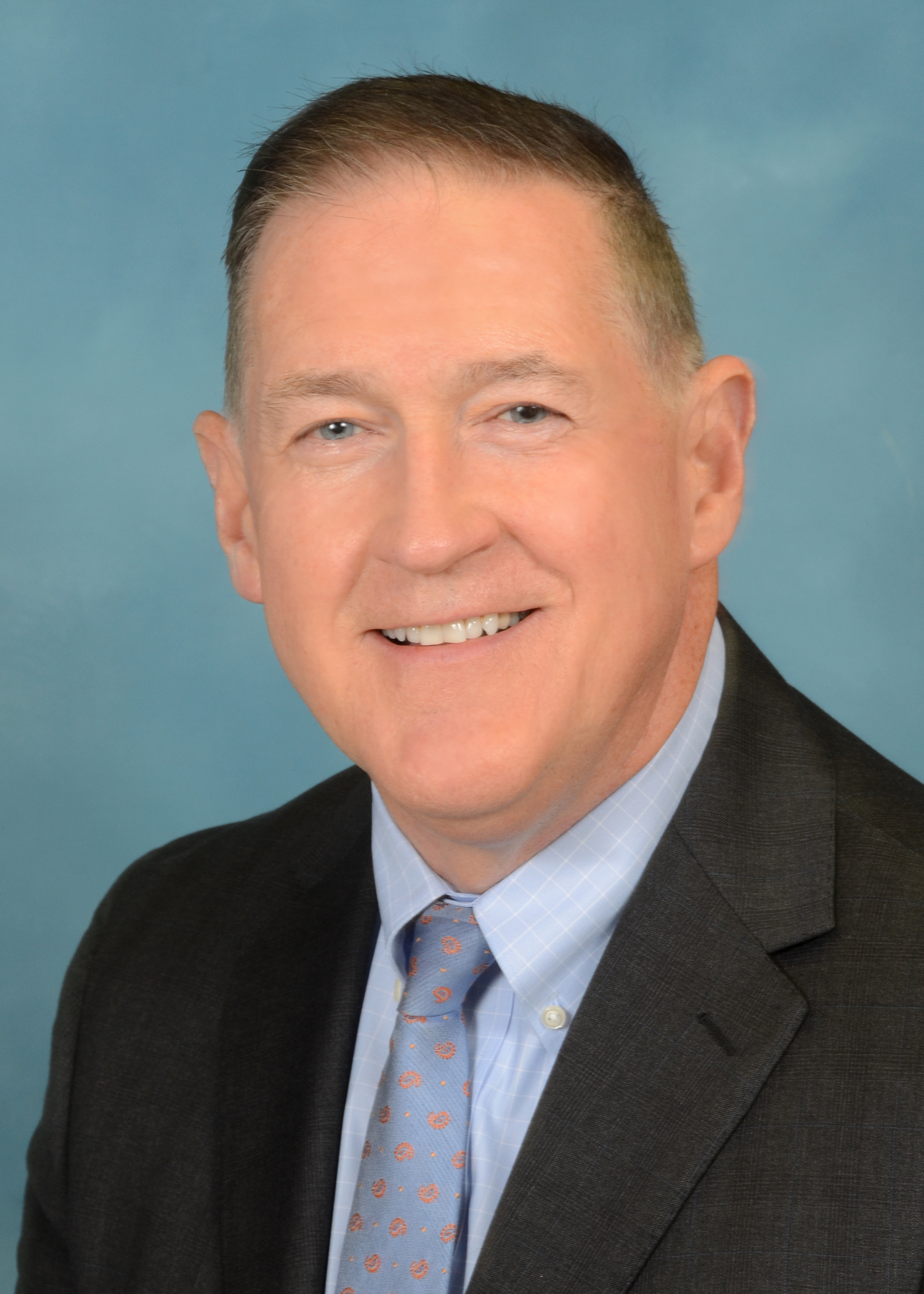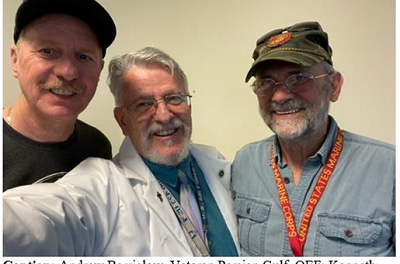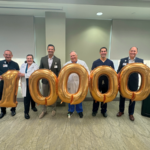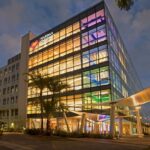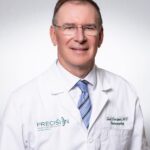 According to the Bureau of Labor Statistics, the eyecare industry is expected to grow at a rate higher than the national average through the year 2026. The anticipated growth is attributed to the aging population which thus creates the continued need for all eyecare professionals. The three main eyecare professionals are ophthalmologists, optometrists, and opticians. All three play important roles in caring for and fulfilling the eyecare needs of their patients. Ophthalmologists and optometrists are physicians and require doctoral degrees. Opticians are also eye care professionals and they work either on their own or with the ophthalmologist or optometrist. They make, verify, and deliver lenses and frames to patients based on the doctor’s prescriptions, the patient’s needs and facial features. In addition to eyeglasses, licensed opticians can also use the doctor’s prescription to fit, sell, and dispense contact lenses. Licensed opticians can work in various settings as self-employed or employed professionals. More specifically, they can own and operate their own optical or optical laboratory, work in retail settings, work in medical settings with optometrists and ophthalmologists, work in optical laboratories, or work as frame or lens sales representatives. The average annual salary of an Optician is approximately $48,000 (Payscale.com) with the potential for additional income in commission eligible positions.
According to the Bureau of Labor Statistics, the eyecare industry is expected to grow at a rate higher than the national average through the year 2026. The anticipated growth is attributed to the aging population which thus creates the continued need for all eyecare professionals. The three main eyecare professionals are ophthalmologists, optometrists, and opticians. All three play important roles in caring for and fulfilling the eyecare needs of their patients. Ophthalmologists and optometrists are physicians and require doctoral degrees. Opticians are also eye care professionals and they work either on their own or with the ophthalmologist or optometrist. They make, verify, and deliver lenses and frames to patients based on the doctor’s prescriptions, the patient’s needs and facial features. In addition to eyeglasses, licensed opticians can also use the doctor’s prescription to fit, sell, and dispense contact lenses. Licensed opticians can work in various settings as self-employed or employed professionals. More specifically, they can own and operate their own optical or optical laboratory, work in retail settings, work in medical settings with optometrists and ophthalmologists, work in optical laboratories, or work as frame or lens sales representatives. The average annual salary of an Optician is approximately $48,000 (Payscale.com) with the potential for additional income in commission eligible positions.
Sights on a Career in Vision Care
There are two paths to becoming a licensed optician, through an apprenticeship with a Florida licensed optician, Optometrist or Ophthalmologist or through an accredited educational program. Apprenticeships require a high school diploma, completion of 6,240 apprentice hours within a five-year period and passing the National and State Board examinations. The educational path is offered at Miami Dade College via the Vision Care Technology/Opticianry Program. The Vision Care Program at Miami Dade College is one of three accredited schools of opticianry in the state of Florida and the only one in Miami-Dade County. The program takes five semesters to complete in a full-time capacity but students can elect the part-time track, if needed, to allow them to better balance working and going to school simultaneously. The Vision Care Program at Miami Dade College is also currently accepting applications for an evening program of study. At program completion, students earn an Associate in Science degree and become eligible to sit for the Florida Board of Opticianry Licensure Examination. In addition to the Florida state licensing exam, opticians are also required to successfully pass two national examinations, the American Board of Opticianry Examination (ABO) and the National Contact Lens Examination (NCLE). The ABO and NCLE must be passed prior to becoming eligible to sit for the state examination. Miami Dade College consistently scores higher than the national pass rate on the national exams; the Miami Dade College pass rate average is over 97%. The program adequately prepares graduates to pass both the national and state examinations, assists with job placement and increases their marketability through courses, hands-on labs, an on-site clinic with real patient experiences, and community externships.
The state of Florida is one of about half of the states that requires all optical locations to have a licensed optician on premises when dispensing eyeglasses. This requirement and the vast number of optical locations in South Florida adds to the need for licensed opticians locally and throughout the state. Graduates of the Miami Dade College program are typically employed at program completion because of skills earned throughout the program and through required externship experiences or are easily placed upon licensure because of the need for licensed opticians.
The Vision Care Technology/Opticianry Program at Miami Dade College is offered at the Medical Campus and has been on the Medical Campus since 1977. The program is fully accredited by the Commission on Opticianry Accreditation. The faculty instructors have been with the program for decades and bring their years of experience in the vision care industry and community partnerships to make the program successful and respected amongst its peers.




